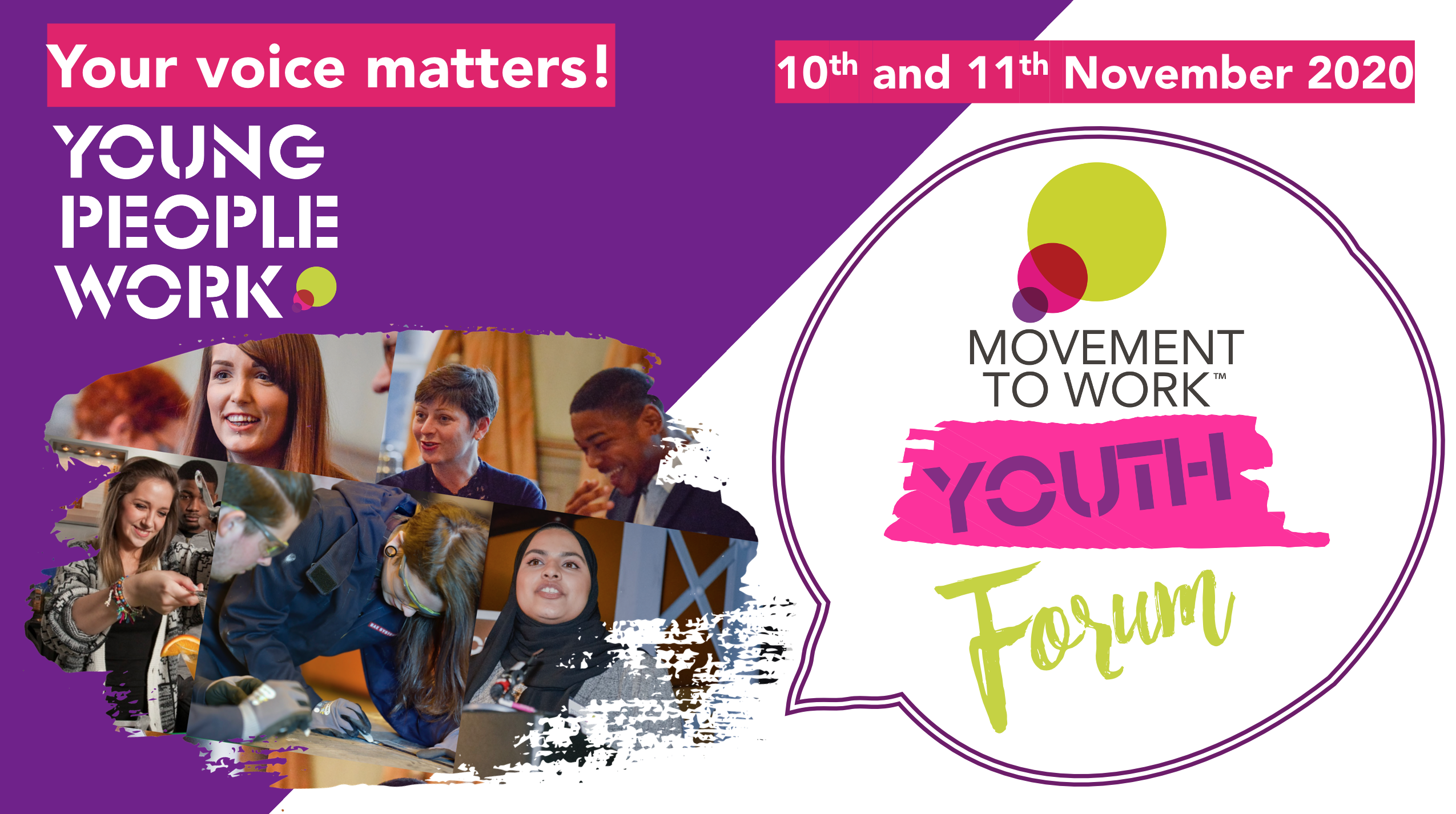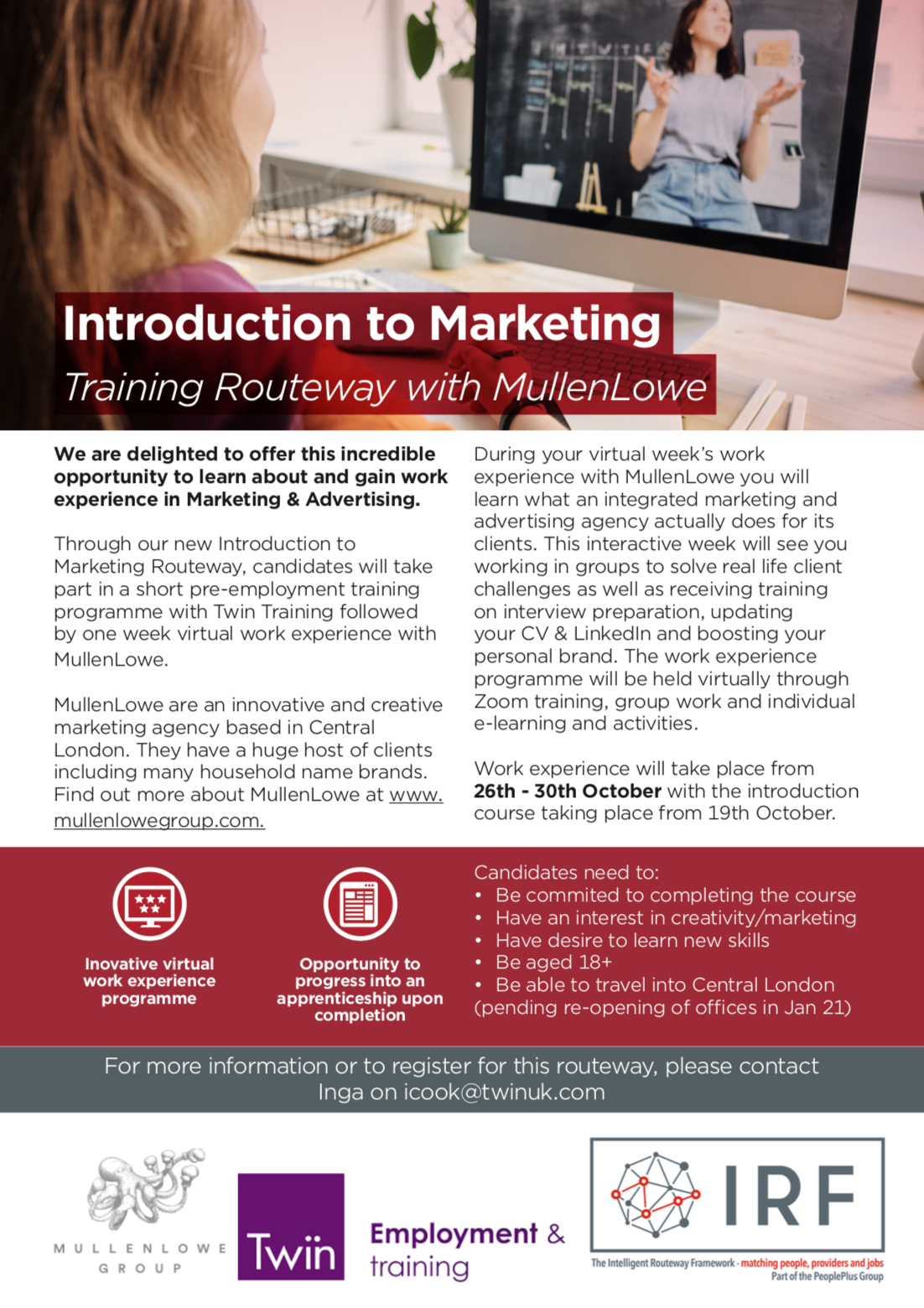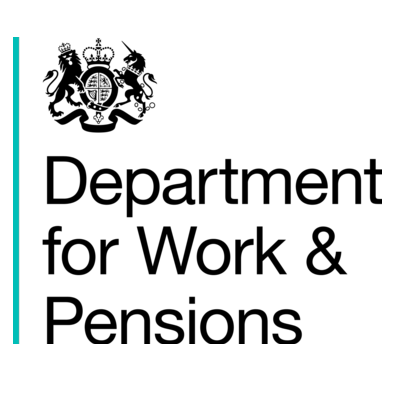Catch22’s Head of Partnership Development, Kat Dixon, looks at the youth employment landscape, the government’s response and what role employers and charities can play in helping the next generation flourish.
Youth employment – where do we stand?
When GDP drops, businesses shed costs. As a rule, this means cutting labour costs and we’ve seen mounting headlines of large retailers and hospitality businesses making redundancies. Vacancies are taking a dive and unemployment is being forecast for the end of 2020 at anything between 7.5% (Bank of England)[1] and 13% (Resolution Foundation)[2]. For context, in the 1980s, unemployment peaked at 11.9%.
The V-shaped bounce back economists are hoping for could mean employment rates rise quicker than what we’ve seen before. But it’s not guaranteed. And that’s not taking into account existing issues with in-work poverty and underemployment.
Work is vital for social mobility. The poverty rate for people in families where all adults work full time is just 10%, compared to 58% where they work part time and 70% in workless families.[3] Lower income households feel the squeeze of commodity price impacts more during recession[4] and many households are still more vulnerable following the last financial shock.[5]
Within this doom and gloom, young people are getting a double blow. Even before Covid-19 hit, the youth unemployment rate was 11.8%, compared to just 4.0% for the whole population.[6] A third of 18-24-year-old employees (excluding students) have lost jobs or been furloughed, compared to 1 in 6 ‘prime-age’ adults.[7] And the hardest-hit sectors of this recession, such as hospitality, are where lots of young people with no work experience get their first job.
Meanwhile, a generation are leaving school under a cloud of A-level algorithms that pushed down young people from low ranking schools, or cast their GCSE grades in doubt. The young people who already had mental health problems or difficult home lives – who didn’t expect GCSEs and won’t even try to claim Universal Credit – are even further behind in a competitive world.
What about the government schemes we’ve heard about?
Employer incentives like the Kickstart scheme look logical. There’s a lot of evidence to show that repeated bouts of unemployment lead to labour market ‘scars’, where people are more likely to be in poor quality, low earning work later in life, or not be in work at all.[8] Evidence suggests that young people who experience unemployment earn 20% less twenty years later, than they would have done had they been in work.[9]
This is important; if you stay out of work for too long, or keep having periods without work, you’re statistically likely to become long-term unemployed, with all the associated poor health outcomes and social care needs. This has individual impact – the mental health effect alone of long-term unemployment is statistically staggering. But there’s also a cost to the public purse. Government schemes like Kickstart are trying to prevent long-term unemployment in future – something that could cost millions in public money for homelessness, health, social care, criminal justice and beyond.
So, subsidising work experience, courses and on-the-job training (such as traineeships and apprenticeships) as a short-term sticking plaster, while we wait for the economy to recover, makes sense.
The problem is friction. Employers will only take up these incentives if a) they make commercial sense and b) it’s clear how and why to do it. For employers, a one-off bonus is generally not enough to offset the cost of a permanent staff-member, and the current lack of guidance from DWP on who’s eligible, how to draw down the funds and what happens at the end of a six-month work placement for example, is hindering employers making use of the scheme.
Aside:
We’ve seen this play out before with the apprenticeships levy. The levy is a good idea on paper, but when employers can’t realise the commercial benefit, they stop creating entry-level posts and start training existing employees. Or they don’t spend it at all. More flexibility with how the levy can be spent (beyond levy-transfer schemes), would really help with this.
The other problem is the what-next factor. Work experience is not sequential to job hunting; it should be a parallel activity. If you get to the end of a work experience placement, and the organisation you’re with has no vacancy or budget to hire you, what next?
Training and up-skilling is hugely important, especially for people who’ve struggled with traditional schooling and left without qualifications. But training without a job prospect at the end? At best, dispiriting. At worst, cruel. Young people need meaningful options at the end of a work experience placement.
What options do we have to make this better?
I design and secure funding for employability programmes for people with social barriers to work. Candidates might be using food banks, be homeless, struggle with their mental health, have a disability, or a conviction. With teams of experts, I set up services that help people get back on their feet and into work. It’s some of the most inspiring work around.
In practice, we’re giving young people 3 things:
- Someone who cares – our advisors want to know what an individual’s strengths are, what they struggle with, and what they dream about. We know that home life can be tough, and the impacts that can have on education. We’re not a social worker or a police officer. We listen and we help.
- Practical support – we can buy interview clothes, and a candidate’s first week of travel or lunches. We can find and pay for a training course that matches a dream job. We can help find services for housing, mental health, or for drug or alcohol issues. We can help you talk about a conviction in an interview. We can teach individuals how to apply for jobs, speak well for themselves, and build resilience to try again and again.
- A bridge to work – we spend time with employers helping them understand what it’s like to face additional life challenges. We give them practical advice on how to bring the best out of their people, no matter their background.
The power of this work, and the expertise needed to do it well, should not be underestimated. Expert interventions are exactly that, fuelled by years of experience, iteration and knowledge.
Imagine this:
A 16-year old girl asks you advice for getting a job. If you’ve worked, you can probably help out, tighten a CV, talk about interview skills, give her some tips. But if that 16-year-old lives in a small flat with 5 siblings, a dad in prison and a mum with a drug problem, suddenly that looks more complicated. Expertise is needed to work with that young woman, in navigating the myriad social services she’ll be in touch with, addressing the emotional trauma she may have experienced, and helping her picture a world where she can identify her strengths, navigate the challenges and successfully secure a good job with real prospects.
Employer incentives have their place, and if they’re done well, they can help stimulate social mobility. But we need expert charities and social enterprises to make this actually work, to tackle multiple social barriers and to prevent a generation of young people falling to the back of the queue.
We need organisations to challenge how employers think, recruit and treat their staff. We need collaborative efforts across the sector, considering regional workforce demands, working closely with large employers and SME networks, and helping source and secure the right training to get young people into meaningful, demand-driven jobs.
We need organisations who look to the future. Who join up immediate, on-the-ground support with mapping out the next 20 years of labour and workforce demands. We need organisations who understand automation trends, regeneration projects, devolved budgets, and can source and implement training programmes that help young people gain skills that employers really want. We need organisations that teach resilience, growth mindset – skills for life. And they only work if young people who’ve had the odds stacked against them have someone who believes in them, who can help them believe in themselves, and realise their dreams.
Too often diversity schemes hit the target and miss the point. We need to help young people skill-up in a way that helps employers get back on their feet as our UK economy recovers. If we don’t get this right now, there’s a whole generation at risk.
Find out more:
- Find out how our partnerships tackle the pressing issues in public services here
- Learn how we support hard to reach individuals into sustained employment here
- Read this blog on actions employers can take right now to have an impact on youth unemployment
[1] Bank of England, August 2020
[2] Resolution Foundation, pessimistic scenario, July 2020
[3] Social Metrics Commission, ‘Measuring Poverty 2019’, Jul 2019
[4] Joseph Rowntree Foundation, ‘The impact of the global economic downturn on communities and poverty in the UK’, Mar 2011
[5] Resolution Foundation, Aug 2019
[6] Period Dec 2019-Feb 2020 , Youth unemployment stastics; House of Commons Briefing Paper, 21 April 2020
[7] Resolution Foundation, ‘Young Workers in the Coronavirus Crisis’, 18 May 2020
[8] Institute for Employment Studies, ‘Getting Back to Work: Dealing with the labour market impacts of the Covid-19 recession’, April 2020
[9] Institute for Employment Studies, ‘Getting Back to Work: Dealing with the labour market impacts of the Covid-19 recession’, April 2020






















